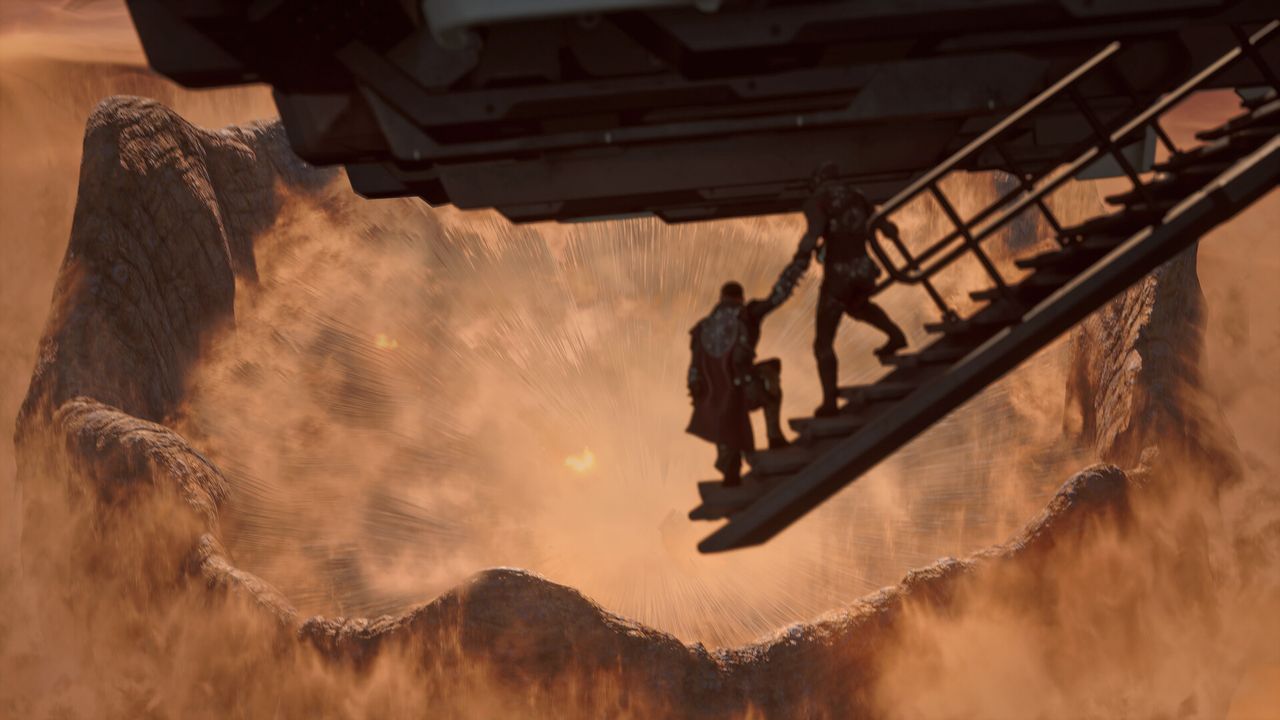
Dune: Awakening is no stranger to hotfixes addressing various duping glitches and exploits – and its most recent is certainly no exception, targeting some that were brought to the survival MMO by its new Chapter 2 update.
Chapter 2 only arrived yesterday, but many of the issues it brought were quickly pointed out by fans online – including one very market-breaking duping bug of sorts. It's no traditional duping glitch, as it doesn't require any effort on a player's part. Instead, it was seemingly caused by some of the new Chapter 2 changes to the Deep Desert – namely, its Imperial Testing Stations and the loot found within them.
The duping exploit, as pointed out on Reddit and elsewhere after the big Dune: Awakening patch dropped, was described by fans as "the mother of all bugs," and it isn't hard to see why. It made Deep Desert Imperial Testing Stations' loot cycle "every 0.5 seconds," allowing for repetitive farming – an activity that players explained would crash the in-game economy: "Our markets are going to be devalued as fuck, all due to this bug."
Thankfully, Funcom has addressed the issue (as well as a few others) today with a new hotfix. The full notes highlighting what problems developers have fixed can be found on the official Dune: Awakening website, but the bit about the duping glitch reads as follows: "Fixed an issue where chests in Deep Desert Imperial Testing Stations could be looted multiple times" – cue the community's collective sigh of relief.
Or, I suppose, if you're one of the lucky players who stocked up on loot prior to the fix, you might be even more overjoyed at the prospect of banking in some Solari once things settle down. Regardless, this marks the end of yet another duping exploit (and probably the start of a new one, if we're honest here). It's not the only bug axed from the Chapter 2 update, either, with resolved crashing problems, missing dialogue, and others.
Here's hoping for a smoother experience playing through Chapter 2 content from here on out – it's only been out for a day, after all, which means there's plenty left for most of us to still explore.







